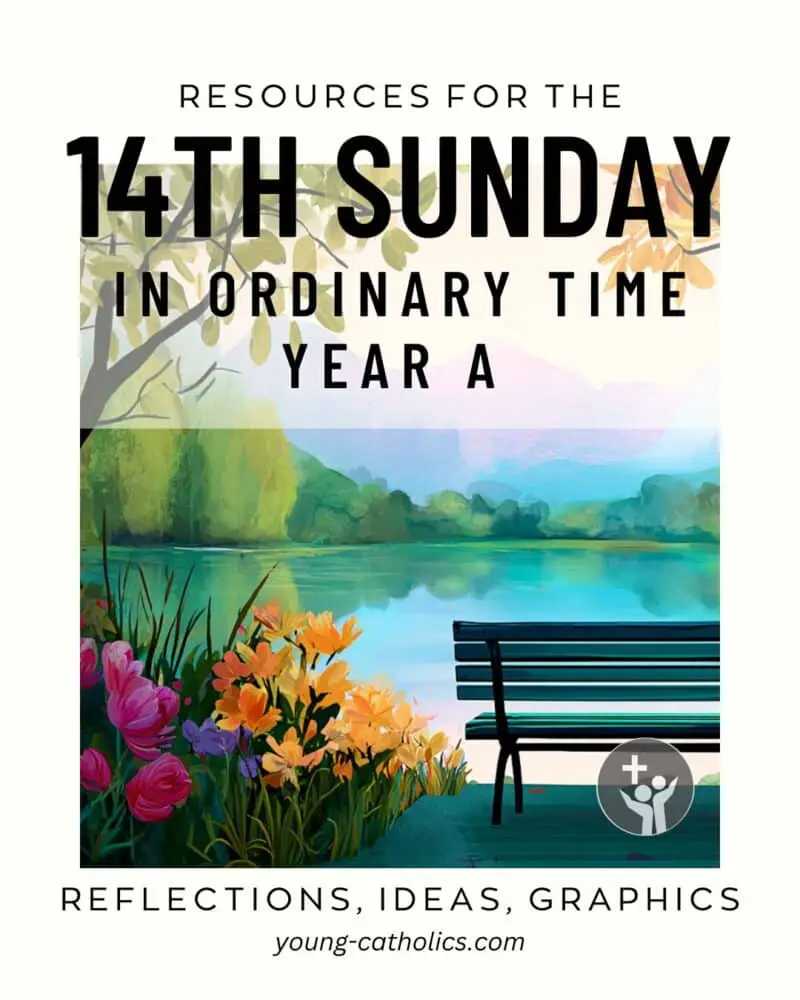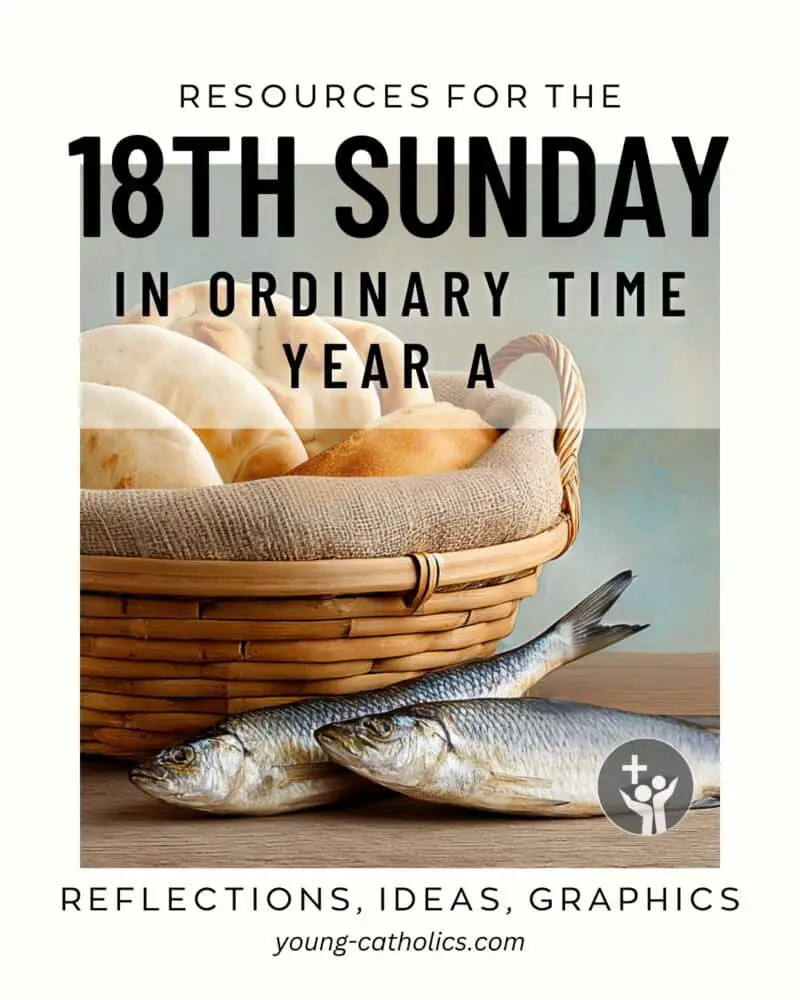Psalm 145

Psalm 145 is a song of praise to God. It is often called a hymn because it lifts up God’s greatness and goodness. Every verse points to God’s kindness, mercy, and care for all creation. This psalm reminds us that praising God is not just for a moment but for all time. It calls us to bless God’s name forever.
The words of Psalm 145 are filled with joy and gratitude. They help us remember that God is always near to those who call upon him. The psalm praises God for being just and faithful. It also shows how God listens to those in need. This makes the psalm a source of comfort when we pray.
This psalm is often used in worship because of its beauty and hope. It reminds the community that God is worthy of trust. Families and individuals can pray with these words when they want to remember God’s goodness. The psalm is both personal and communal, showing that God cares for each person and for the whole world.
Psalm 145 also teaches us how to live. By praising God, we open our hearts to gratitude. When we see God’s mercy, we are called to share mercy with others. When we see God’s justice, we are invited to act justly. In this way, the psalm is not only about words of praise but also about how we live our faith every day.
A Song from Israel’s Worship
This psalm is part of the last section of the Book of Psalms. The final chapters, from 145 to 150, are often called the praise psalms. They focus fully on lifting up God’s name and giving thanks. These closing psalms form a kind of ending to the whole book, reminding us that worship is the goal of prayer.
Psalm 145 is also special because it is an acrostic poem in Hebrew. Each verse begins with the next letter of the Hebrew alphabet. This style helped people remember the words and showed that praising God should cover everything from beginning to end. It gave the prayer a sense of completeness.
The author is believed to be King David. Many psalms are linked to him as a singer, poet, and leader of prayer. David’s voice in this psalm is that of a servant who gives glory to God for his greatness and kindness. He speaks as a king, but also as a worshiper who depends on God’s care.
In the time of Israel, psalms like this were used in both personal prayer and temple worship. They helped people remember God’s mercy and justice. They also united the community in praise, reminding everyone that God rules with love and faithfulness.
Praising the God Who Loves Us
One main theme of this psalm is God’s mercy. The words remind us that God is slow to anger and rich in kindness. In Catholic teaching, this connects to the mercy we receive in Christ. Just as the psalm says God is close to those who call on him, we believe God comes near to us in prayer, the sacraments, and daily life.
Another theme is God’s care for creation. The psalm speaks of God providing food and lifting up those who fall. Catholics see this as pointing to God’s constant care for both the earth and his people. It also leads us to think of the Eucharist, where God feeds us with the Body of Christ.
The psalm also celebrates God’s justice. It tells us that God is faithful and keeps his promises. For Catholics, this connects to the covenant fulfilled in Jesus. God’s justice is not about punishment but about setting things right and bringing life. It assures us that God’s kingdom is full of truth and love.
Finally, this psalm shows that praise is not only personal but also communal. The psalmist calls on all creation to bless the Lord. In the Church, we do this together at Mass, joining our voices in prayer and song. The psalm reminds us that worship belongs to everyone and everything, now and forever.
A Prayer for Every Generation
This psalm still speaks strongly to us today. In a world where many people feel worried or alone, its words remind us that God is near to all who call on him. It gives hope when life feels uncertain. It teaches us to trust that God listens and cares for each one of us.
The psalm also encourages us to look at life with gratitude. We often focus on problems or what is missing. This prayer helps us stop and see the blessings we do have. By praising God each day, we open our eyes to his goodness around us.
In Catholic life, the message of this psalm connects to how we worship. At Mass, we join the psalmist’s words by singing and praying together. It reminds us that praise is not just for special days but for every moment. God deserves thanks and honor in all parts of our lives.
This psalm also calls us to action. If God shows mercy and lifts up those in need, then we are called to do the same. By living with kindness and fairness, we reflect the God we praise. In this way, the psalm becomes not only a song but also a guide for daily living.
A Prayer Based on Psalm 145
Always Near to Us
Lord, we praise you for your greatness.
Your name is on our lips each day.
You are kind to all who turn to you.
You never forget those who call out for help.
You lift us up when we fall.
You give us strength when we are weak.
You provide for our needs even when we forget to ask.
You are always near, even when we feel alone.
Your mercy reaches every corner of the world.
You are faithful in every promise.
You listen to the cries of the poor.
You give hope to those who wait on you.
Teach us to live with kindness.
Help us to act with justice.
Show us how to share mercy with others.
Let our lives be a song of praise to you.
A Song We Pray at Mass
In the Roman Catholic lectionary, this psalm is used often in the liturgy. Its verses appear in different seasons and on various feast days. The Church chooses these lines because they fit well with the readings about God’s kindness, mercy, and care.
When we hear this psalm at Mass, it becomes our own prayer. The words of the psalmist become the voice of the whole community. We respond with the refrain, praising God for his goodness. In this way, the psalm links us to the people of Israel who first prayed these words.
The psalm’s themes of mercy, justice, and praise connect easily to the Gospel. They help us understand Jesus’ mission and God’s love shown through him. At Mass, these verses remind us that God is faithful to his promises and close to those in need.
By including this psalm in the lectionary, the Church gives us a way to keep praising God as one family of faith. It is not just an ancient song but a living prayer. Each time we hear it, we are reminded that our call to bless the Lord continues in every age.

14th Sunday in Ordinary Time Year A
Eternal Praise to God
Psalm 145:1-2, 8-9, 10-11, 13-14 is a song of daily praise to the Lord. It celebrates God as king, full of mercy, kindness, and compassion. The prayer reminds us that God’s love reaches all people and all creation. Every moment is a chance to bless his name and give thanks. The psalm calls us to see God’s goodness not only in prayer but also in the world around us.
It also shows God’s care for the weak and weary. The Lord lifts up those who stumble and gives strength to those who are bowed down. The faithful are invited to speak of God’s greatness and share the joy of his kingdom. In this way, the psalm is both praise and encouragement. It reminds us to trust in God’s power and mercy, and to join with all creation in giving thanks.

31st Sunday in Ordinary Time Year C
Praise to God Our King
Psalm 145:1-2, 8-9, 10-11, 13, 14 is a joyful song of blessing to God, our king. It calls us to praise him each day for his mercy and kindness. God’s love is not limited to a few but extends to all creation. The psalm reminds us that the Lord is patient, gracious, and compassionate toward everyone. In giving thanks, we join with all of God’s works in lifting up his name.
The prayer also points to God’s care for those who struggle. He lifts up the fallen and strengthens those who are burdened. His kingdom is full of glory and might, and his promises are faithful and true. This psalm teaches us that praising God is both personal and communal. It invites us to see God’s goodness in our own lives while also joining with others to honor his greatness and share the joy of his kingdom.

25th Sunday in Ordinary Time Year A
God is Close to Those Who Seek Him
Psalm 145:2-3, 8-9, 17-18 is a prayer of daily praise to the Lord. It reminds us that God is great beyond measure and worthy of blessing at all times. His mercy and kindness are shown to all creation, and his compassion reaches every person. The psalm teaches us to see God’s goodness in our lives and to give thanks each day.
It also speaks of God’s closeness to those who turn to him with honesty. The Lord is just in all his ways and faithful in every promise. He does not turn away from those who seek him with truth. This message brings comfort and hope, reminding us that God listens to our prayers. The psalm encourages us to trust in God’s care and to live in a way that reflects his mercy and justice.

5th Sunday of Easter Year C
Everlasting Mercy and Kingdom
Psalm 145:8-9, 10-11, 12-13 celebrates God’s mercy and compassion for all people. It tells us that the Lord is patient, slow to anger, and filled with kindness. His care reaches every part of creation, and all that he has made gives him praise. The faithful are called to bless his name and speak openly of his goodness.
The psalm also focuses on God’s kingdom. It reminds us that his reign is eternal and his power lasts through every generation. His kingdom is not limited by time or place but is for all people and all ages. The message encourages us to share this truth with others, especially the next generation, so that God’s greatness is always remembered. It is both a prayer of thanksgiving and a call to witness to his enduring love.

18th Sunday in Ordinary Time Year A
The Lord Fulfills Needs
Psalm 145:8-9, 15-16, 17-18 praises God as merciful, kind, and just. It shows the Lord as patient and full of compassion for all creation. His care reaches every person, and his love extends to every living thing. God is described as the one who provides for all needs, reminding us that he never forgets those who depend on him.
The psalm also highlights God’s closeness to those who call on him with honesty. He is faithful in every promise and holy in every action. His open hand feeds the world and satisfies every hunger. This prayer invites us to place our trust in God’s goodness, knowing that he listens and responds to those who turn to him with sincerity. It is both a song of thanksgiving and a reminder of God’s constant presence in our lives.

17th Sunday in Ordinary Time Year B
The Lord’s Faithful Care
Psalm 145:10-11, 15-16, 17-18 is a prayer of praise for God’s goodness and generosity. It shows that all creation looks to him and that he provides food and sustenance at the right time. God’s open hand reaches every living creature, satisfying their needs. The psalm reminds us that nothing is beyond his care and that his kindness touches the whole world.
It also speaks of God’s justice and closeness. He is holy in all his works and faithful in every promise. Those who call on him with sincerity will discover that he is near. The psalm encourages us to trust in God’s presence and to join creation in giving thanks. It is both a song of gratitude and an invitation to place our trust in the Lord, knowing he listens and responds with mercy.
At Weekday Masses
- Thursday of the 2nd Week of Advent – Psalm 145:1 and 9, 10-11, 12-13ab: Everlasting Kingdom of the Lord
- Tuesday of the 23rd Week In Ordinary Time I – Psalm 145:1b-2, 8-9, 10-11: The Lord’s Kindness to All
- Wednesday of the 23rd Week in Ordinary Time I – Psalm 145:2-3, 10-11, 12-13ab: The Lord’s Everlasting Kingdom
- Thursday of the 21st Week in Ordinary Time II – Psalm 145:2-3, 4-5, 6-7: Eternal Praise for the Lord
- Monday of the 14th Week in Ordinary Time II – Psalm 145:2-3, 4-5, 6-7, 8-9: The Lord’s Kindness and Mercy
- Saturday of the 6th Week in Ordinary Time I – Psalm 145:2-3, 4-5, 10-11: I Will Praise You Forever, Lord
- Saturday of the 31st Week in Ordinary Time I – Psalm 145:2-3, 4-5, 10-11, 1b: Everlasting Praise
- Tuesday of the 22nd Week in Ordinary Time II – Psalm 145:8-9, 10-11, 12-13ab, 13cd-14: The Lord’s Justice and Kindness
- Wednesday of the 4th Week of Lent – Psalm 145:8-9, 13cd-14, 17-18: The Nature of God’s Mercy
- Wednesday of the 30th Week in Ordinary Time II – Psalm 145:10-11, 12-13ab, 13cd-14: God’s Kingdom and His Faithfulness
- Tuesday of the 5th Week of Easter – Psalm 145:10-11, 12-13ab, 21: Proclaiming God’s Eternal Kingdom
- Saint Bartholomew, Apostle – Psalm 145:10-11, 12-13, 17-18: Proclaiming God’s Kingdom
- Saint Luke, Evangelist – Psalm 145:10-11, 12-13, 17-18: Praise for God’s Kingdom
- Saturday of the 22nd Week in Ordinary Time II – Psalm 145:17-18, 19-20, 21: God is Close to All Who Call
Resources
Social Media Graphics and Bulletin Artwork
Hands Raised in Praise

This uplifting image, inspired by Psalm 145, captures the beauty of prayer and trust in God’s mercy. It is a wonderful way to bring a sense of worship and reflection into your parish communications.
You can use it in bulletins, newsletters, or other ministry materials to encourage prayer and praise. Share this reminder of God’s greatness with your community and help others lift their hearts to the Lord. Download it today to enrich your parish resources.
Paid subscribers may download a large copy this digital artwork without watermarks, suitable for use in bulletins, social media, newsletters, etc., free of charge by clicking here. You must be logged in as a paid subscriber to access the file.
Only current paid subscribers have the rights to use the artwork.
Questions and Answers about Psalm 145
What is Psalm 145 about?
It is a song of praise to God. It tells us about God’s mercy, justice, and kindness. It reminds us that God is close to those who call on him.
Who wrote Psalm 145?
It is traditionally linked to King David. Many psalms are connected to him as a poet and prayer leader.
Why is Psalm 145 important in Catholic prayer?
It shows us how to praise God in all things. The Church uses it in the liturgy to help us pray together as a community.
What makes Psalm 145 different from other psalms?
It is an acrostic poem in Hebrew. Each verse starts with a different letter of the alphabet. This shows that praising God should be complete, from beginning to end.
How does Psalm 145 connect to the Mass?
We pray it as the responsorial psalm on different feast days and Sundays. Its words of praise fit well with the readings and remind us of God’s care.
What does this psalm teach us today?
It teaches us to trust in God’s mercy, to be grateful, and to share kindness with others. It is both a prayer and a guide for how to live.
Singing of God’s Kindness
Psalm 145 is a hymn of praise that celebrates God’s greatness and mercy. It reminds us that God is near to all who call on him with honesty. The psalmist shows trust in God’s care for creation and for every person. It invites us to bless God’s name at all times and in every place.
The psalm also speaks of God’s justice. It tells us that God lifts up those who fall and provides for every need. For Catholics, this connects to the care we see in Jesus, who shows us the Father’s love. The psalm teaches that God is faithful to his promises and rich in kindness.
This prayer is both personal and communal. Each person can pray it in times of joy or need. The Church also uses it in the liturgy, joining voices in praise. It reminds us that worship belongs to all generations and continues without end.
Psalm 145 helps us see that praise is not just words. It is also about how we live. If God shows mercy, then we are called to show mercy too. The psalm becomes a guide for daily life, teaching us to act with justice and kindness.
Your Turn
Take some time to read Psalm 145 for yourself. Let the words remind you of God’s mercy, justice, and care. Think about how this psalm connects to your own life and the ways God has been close to you.
After you read, share your thoughts in the comment section. Tell us which verses spoke to you most, or how this psalm has shaped your prayer. Your reflections may encourage others to see new meaning in these words of praise.




Leave a Reply